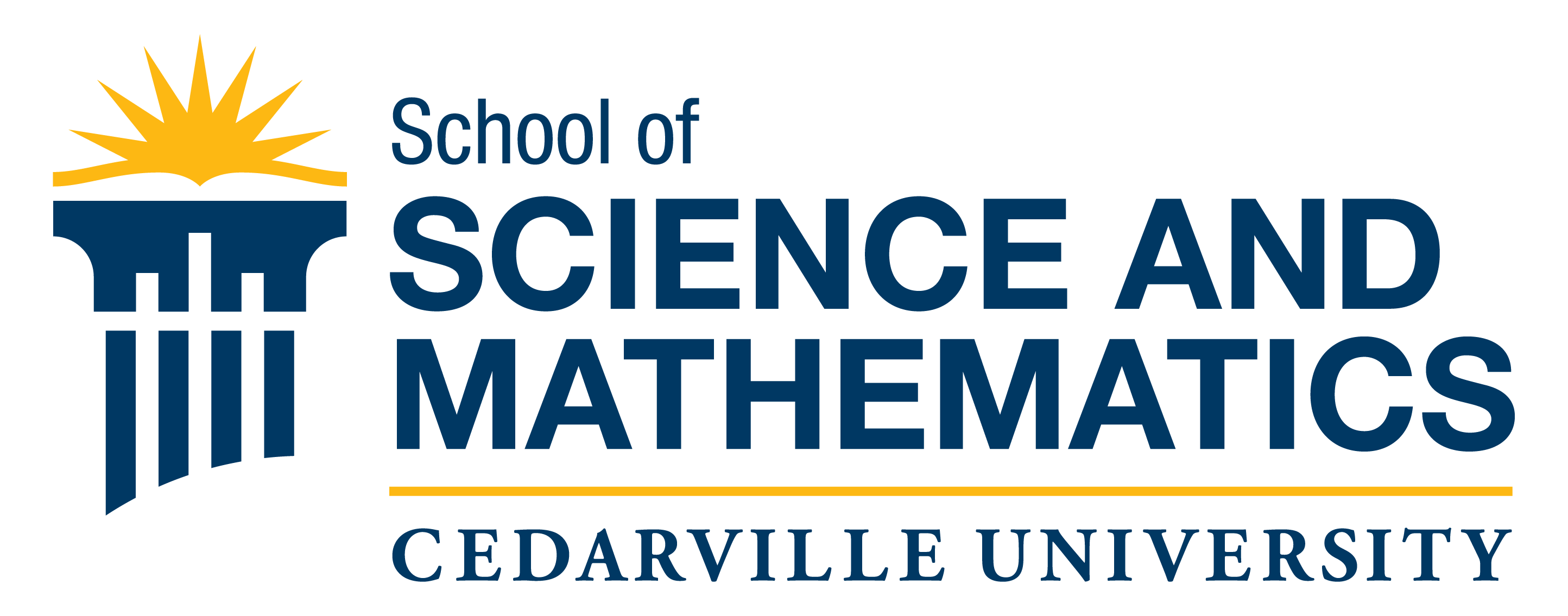Science and Mathematics Faculty Publications
RAGE expression and NF-kappaB activation attenuated by extracellular domain of RAGE in human salivary gland cell line
Document Type
Article
Publication Date
11-2009
Journal Title
Journal of Cellular Physiology
Volume
221
Issue
2
First Page
430
Last Page
434
Abstract
The receptor for advanced-glycation-end-products (RAGE) has been implicated as a pro-inflammatory factor in chronic inflammatory conditions such as diabetes mellitus and rheumatoid arthritis. The aim of this study was to investigate the inhibitory effect of the soluble-RAGE (sRAGE), the extracellular domain of RAGE, on RAGE expression and NF-kappaB translocation in human-salivary gland-cell-lines (HSG). Cells were stimulated with agonist S100A4, fusion protein of RAGE encompassing the extracellular domain of RAGE (ex-RAGE), ex-RAGE followed by S100A4, or S100A4 followed by ex-RAGE. Our study indicates that RAGE expression was highest at 150 microg/microl of S100A4 and efficiently down-regulated by 1.8-fold (P < 0.05) when ex-RAGE was incubated prior to agonist S100A4. RAGE protein was also consistently down-regulated by 20-40% with pre-incubation of ex-RAGE. More importantly, nuclear translocation of p65 and p52 of NF-kappaB by S100A4 was inhibited in the presence of ex-RAGE, confirming anti-inflammatory function of ex-RAGE. In conclusion, ex-RAGE down-regulates RAGE expression and inhibits p65 and p52 activation in HSG, providing evidence that ex-RAGE functions as a "decoy" to RAGE-ligand interaction and thus potentially dampening inflammatory conditions.
Recommended Citation
Chuong, C.; Katz, J.; Pauley, Kaleb M.; Bulosan, M.; and Cha, S., "RAGE expression and NF-kappaB activation attenuated by extracellular domain of RAGE in human salivary gland cell line" (2009). Science and Mathematics Faculty Publications. 194.
https://digitalcommons.cedarville.edu/science_and_mathematics_publications/194



